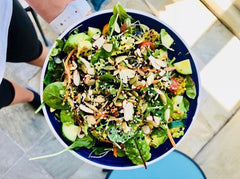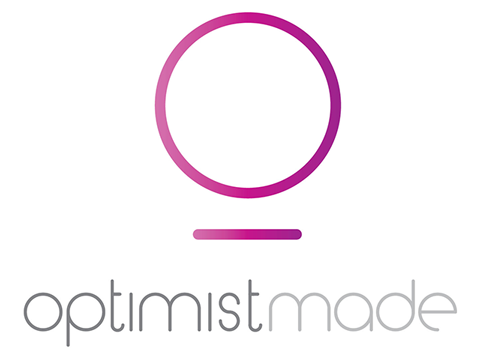MAGGIE O'MEARA
Deciding whether or not to buy organic food versus conventional food can be confusing! If you don’t buy organic, are you not as healthy? If you do buy organic, are you just wasting your money? This can be a major dilemma when facing purchasing decisions at the grocery store. The simple answer to whether or not to buy organic is that it depends on which foods you are buying!

Research is suggesting that having the word “organic” on certain foods suggests that the fruits, vegetables, dairy, or meat is safer and more nutritious. Organic foods tend to have lower nitrate contents and pesticide residues, as well as higher levels of vitamins and antioxidants.1 However, more research is needed to know if organic foods really prevents disease.1 Currently, the United State only has 1% of its farmland is certified organic, while the country of Denmark has been working to convert the entire country’s agriculture into organic and sustainable farming. Since Denmark is being more organic, food production doesn’t sacrifice the wellbeing of workers, animals, or the environment for the sake of efficiency with pesticide use. Other countries can learn from Denmark and have more organic farming in our world.
Organic food is suggested to be better for you, but when shopping with a budget, it is inconvenient to buy everything organic. Overall, eating any fruits and vegetables- organic or not- is better than not eating any at all. Buying just certain foods organic that are the most heavily contaminated with pesticides is key. Every year, the Environmental Working Group (EWG) releases a “Dirty Dozen” and “Clean Fifteen” list. The fruits and veggies on the “Dirty Dozen” list has the most pesticides and should be considered buying organic, while the “Clean Fifteen” list can be bought non-organic.

Other foods besides fruits and veggies should be considered being bought organic as well. These products include wine, coffee, dairy, meat, and soy products, which are actually all made from plants with heavy pesticide use. Another shopping fact that you should think about when you’re getting groceries is that the word “natural” on a product doesn’t actually mean anything! Look for the “Organic” symbol on a product which is a USDA certification that requires any food called organic is grown without the use of chemical pesticides. So pay attention to this certification over anything that just says the word “natural”. Whether or not you choose to buy or eat organic: knowing all the information, your own values, and just choosing to eat any nutritious food is essential for your overall well-being.
References
- 1. Huber, M., Rembiałkowska, E., Średnicka, D., Bügel, S., & Vijver, L. V. (2011). Organic food and impact on human health: Assessing the status quo and prospects of research. NJAS - Wageningen Journal of Life Sciences, 58(3-4), 103-109. doi:10.1016/j.njas.2011.01.004

